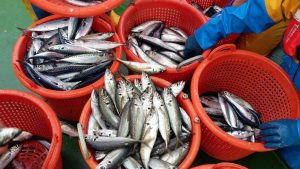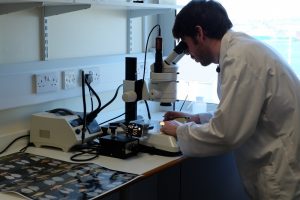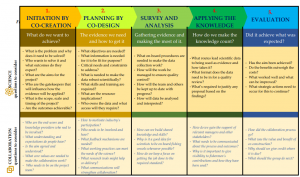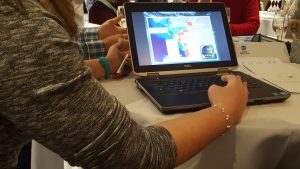Guidelines for Industry Science Data Collection
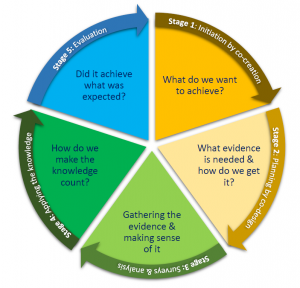
A new breed of fishermen and scientist are looking to improve the way the industry contributes to data collection, in response to the need for more data in a world of dwindling support for independent scientific research and monitoring. To make this happen, fishermen need to be supported to:
- Work collaboratively with scientists to design useful research and survey programmes
- Understand how data is used and why it needs to be of suitable quality if it is going to be considered of value
- Collect and record data at the right time, in the right way and for the right purposes
By partnering with some of the UK’s finest fisheries scientists – with a passion for finding new ways of doing science – we were able to draw on a wealth of experience, commitment and creativity to define a set of guidelines that will help underpin industry-based research for the future. The team involved built a set of Guidelines for Industry Science Data Collection through painstaking dialogue and research, resulting in a ‘recipe for success’ which, if followed, ensures that those involved in collaborative fisheries research produce data that has the potential to positively inform and influence fisheries management and policy.
